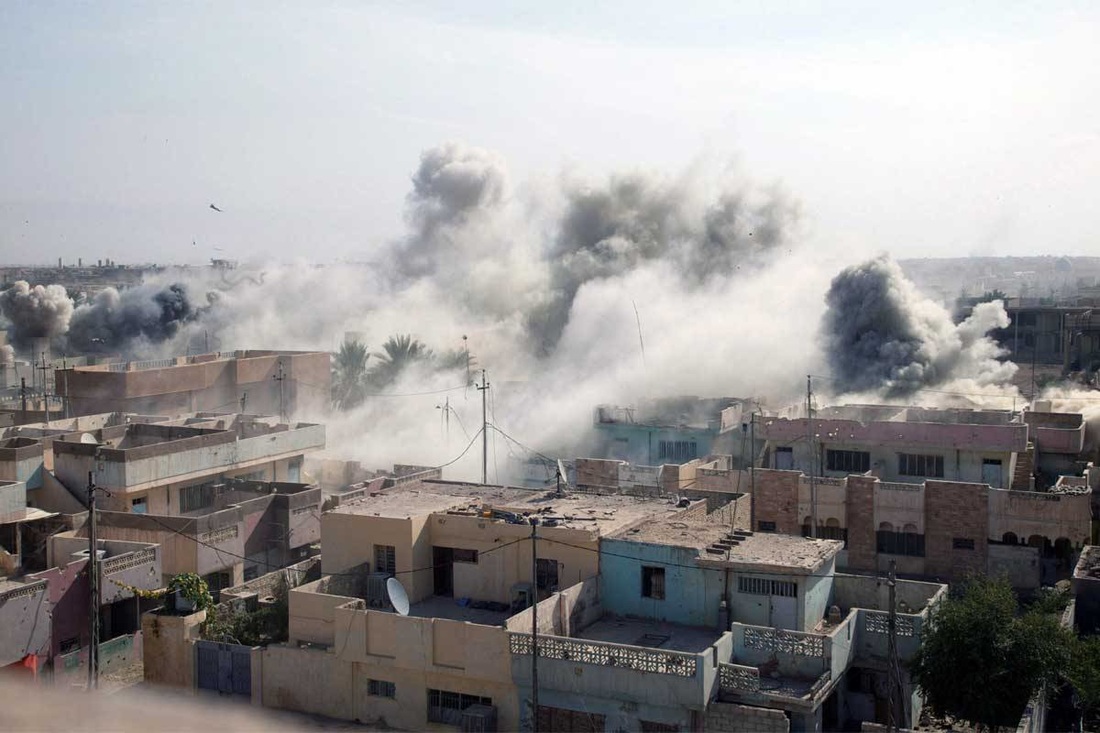IDPs, explained Al-Jumaili, are barred from moving about the city freely, and there is a “lack of fundamental services” in Fallujah. He suggested that it is being subjected to a process of ghettoisation by the government in Baghdad.
Those IDPs who returned to the war-ravaged city after fighting between Iraqi government and Daesh ended in June were subsequently not allowed to leave, he pointed out. Similarly, he noted, the owners of bakeries and other small businesses were prevented from restarting commercial activity, further crippling efforts to restore normality in the city.
Al-Jumaili’s comments were supported by the chief of the Iraqi Tribal Council, Yahya Al-Sunbul, who said that the situation faced by IDPs hoping to return to their homes in Fallujah is extremely difficult. “There is unexploded ordnance… on the city’s main road,” he claimed. The supposedly safe corridors that the Iraqi government opened for returning refugees are thus anything but safe, he added, causing “hysteria” amongst the IDPs.
Fallujah’s infrastructure was reduced to rubble after fighting between Iraqi forces and Daesh ended last June. The Iraqi government was accused by Human Rights Watch of covering up investigations into abuses against civilians, which included Shia militias blowing up at least five Sunni mosques in Fallujah, as well as the widespread looting of civilian property, which are also crimes proscribed by international law.
Source www.middleeastmonitor.com/20160922-iraqs-fallujah-is-now-a-giant-prison/


 RSS Feed
RSS Feed